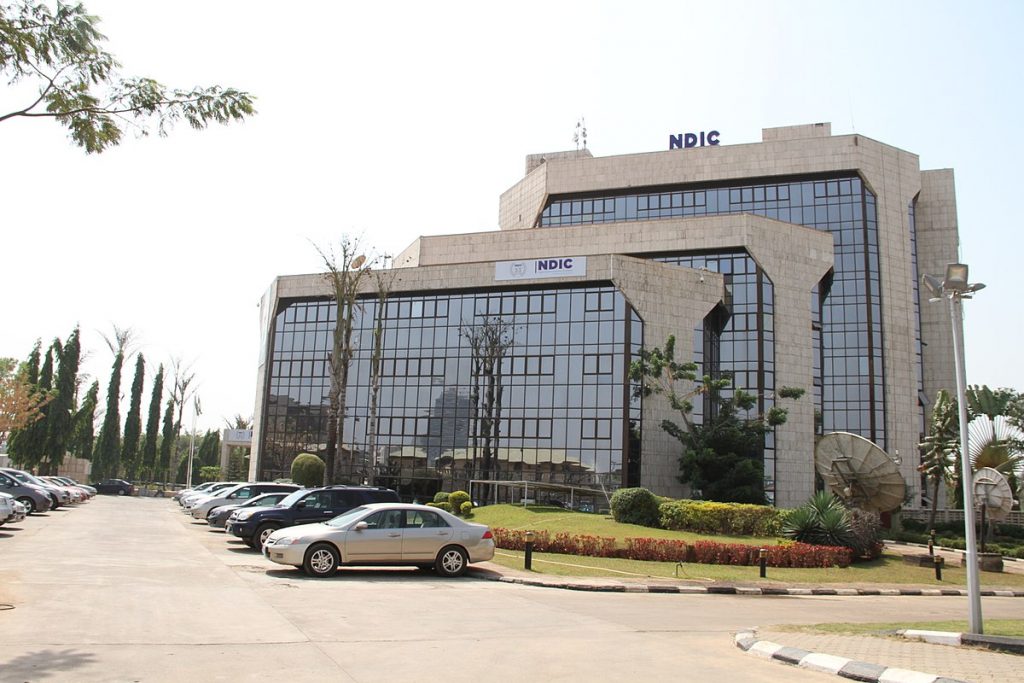Energy Stakeholders in Sub-Saharan Africa have endorsed the National Innovation Diploma(NID) set to be issued by Asteven Energy Institute (AEI).
The stakeholders disclosed this at a virtual meeting on Thursday and Asteven Energy Institute made a presentation of the benefits of the National Innovation Diploma certification before a high powered stakeholders at the meeting
The stakeholders agreed that for progress to be made in the renewable energy sector in Africa, there was the need to develop and reinforce local indigenous manpower.
NID was earlier presented on March 16 to Nigerian energy stakeholders to highlight the importance of the certification.
In his opening remarks, the chairman of the governing council of Asteven Energy Institute, Dr. Sunny Akpoyibo he founded the institution to contribute to youth empowerment.
Akpoyibo also said that he had a vision of providing local expert and technical manpower resource for the solar energy industry in Nigeria an Africa at large.
Prof Magnus Onuoha, the rector of the institute, said that certification has become necessary because of the increase and importance of solar technologies in Nigeria, as part of the energy transition plans.
Onuoha also explained the processes involved with coming up with the NID curriculum.
According to him, the curriculum passed through a two year assessment and verification process including meetings with companies and practitioners in the sector, analysis and studies of industry challenges and assessment of manpower gaps.
He said that the process was overseen by the National Board for Technical Education (NBTE), which is the statutory government agency with the right to license innovation enterprise centres and establish national skills qualification frameworks; both of which were approved and licensed for the institute.
He added that the Asteven Energy Institute was the only legally authorized solar skills vocational training center in Nigeria as well the only only center approved to undertake the National Innovation certificate as a Diploma course.
Pledging his support to the NID programme, Mr Herve Azemtsa, the Managing Director of S2 Services, an Integrated Sustainability organization in Douala Cameroon said that renewable energy was the way forward/
Azemtsa said that all efforts should be expended to ensure that the requisite skills are locally available and dynamic.
Azemtsa, who is a steering committee member of the African Renewable Energy Alliance (AREA) expressed his eagerness to partner with Asteven Energy Institute to see that the NID training module would be replicated in Cameroon.
Also Ms Golda Williams, the Executive Secretary, Renewable Energy Association of Sierra Leone (REASL), emphasized the need to ensure that the Energy Transition provides an opportunity, which Africa must take up, for local indigenous capacity.
Williams, a founding member of the West Africa Renewable Energy Alliance (WAREL), recommended the establishment of more vocational training centers by the institute.
He called for more awareness to ensure that students from other African countries were able to utilize the sponsorship and skills development opportunity provided by the institute.
Another stakeholder, Mary Njue of Epicentre Africa, from Nairobi Kenya, commended the effort of the institute on taking the initiative to build skills within the sector.
Njue also pledged her support to provide expertise in the area of solar water pumping.
Mr Olivef Drucke, an international renewable energy consultant, who has worked for several years in Africa, called for robust curriculum, an aspect which was attested to the rector of the institute.
Dr Segun Adaju, Executive Director, Programmes and Partnership of AEI added that there was a huge gap in solar energy technology workforce.
Adaju said that the institute has its doors open for international collaborations.













